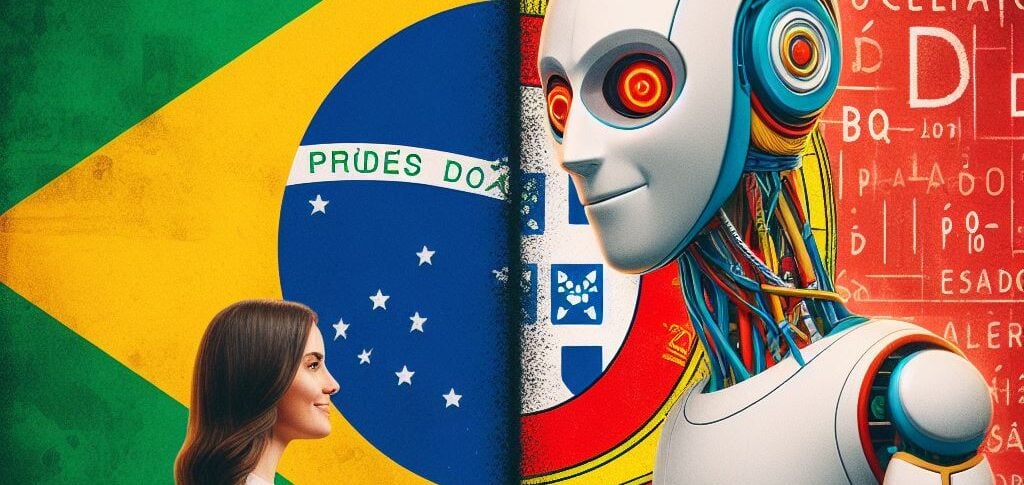Media education is a set of skills to critically analyze, create, and participate of the information and media environment in all its formats.
ADVERTISING
For the president of Instituto Palavra Aberta, Patricia Blanco, this type of training is important for all citizens. The institute coordinates Educamídia, a program to train teachers and engage society in the media education process.
“As the citizen, the young person, begins to know how to recognize information, know the purpose of that information that reaches him, know how to recognize the source, why that information came to him, know how to do a search, know how to check where that information came, by acquiring the skills to know how to produce content – so that he can use technology to improve his self-instruction, improve his protagonism –, he will participate better in society”, he assesses.
Patrícia argues that education aimed at training people with critical thinking and capable of consuming, analyzing and producing content and information should be a public education policy.
The topic needs to be debated and taught in schools
According to the Secretary of Digital Policies, João Brant, the National Common Curricular Base (BNCC) – a document that defines the essential learning contents of students – foresees media education as a transversal and elective theme in schools, and it is necessary to promote content about this .
ADVERTISING
“We invest in media education both from a formal and informal point of view, both in partnership with the MEC, in coordination with the education departments, and in relation to activities to promote courses, workshops, faster content as a key to tackling the problem in the country”, he states.
According to Patricia Blanco, education departments in several states have already opened up space for both teacher training and the inclusion of the subject in their curricula.
The president of Palavra Aberta cites the state of São Paulo as an example, which revised the curriculum and included the entire concept of media education within the Technology and Innovation discipline. According to her, all primary and secondary school students have had access to this type of content for the past year. Other states are implementing the theme across the board, such as Minas Gerais, Rio Grande do Sul, Goiás and Ceará.
ADVERTISING
According to her, the perspective is that, in the coming years, the topic will become recurrent and that the training will make a difference in the lives of students.
(Source: Agência Brasil)
Curto Curatorship:
- Finland includes “combating misinformation” discipline in schools (Gizmodo)
- Media literacy: how schools can help combat fake news (Nova Escola)
Read also
* The text of this article was partially generated by artificial intelligence tools, state-of-the-art language models that assist in the preparation, review, translation and summarization of texts. Text entries were created by the Curto News and responses from AI tools were used to improve the final content.
It is important to highlight that AI tools are just tools, and the final responsibility for the published content lies with the Curto News. By using these tools responsibly and ethically, our objective is to expand communication possibilities and democratize access to quality information. 🤖




